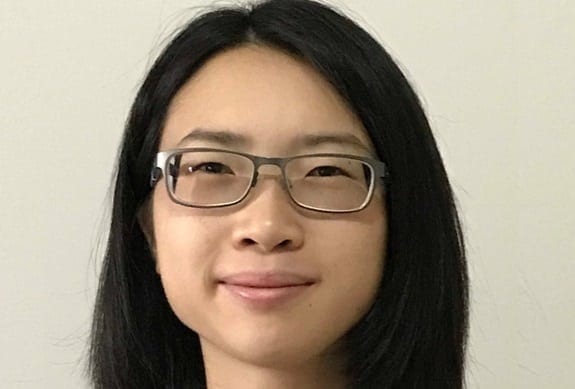
Daphne Foong
Gastroparesis Research
‘Characterizing the role of interstitial cells of Cajal (ICC) in human stem cell-derived gut organoids’
Western Sydney University, NSW
Awarded 2018
Co-funded by Rotary Club of Devonport
“This project strongly bridges the basic sciences with clinical medicine, opening new opportunities for studying and developing ICC-based therapies for gastroparesis.”
Researcher Profile
Daphne Foong completed her Bachelor of Science (Honours) in 2016 at the University of Sydney, majoring in Biochemistry. During my honours, she focused on neuroinflammation and cytokines, investigating the cytokine regulation of growth factor genes in astrocytes and microglia.
Since February 2017, Daphne was employed as a full-time research assistant in the Bone Biology Unit at the ANZAC Research Institute, working on bone and fat metabolism.
Project Summary
The gastrointestinal tract (GI) is an essential organ for the effective digestion of food, extraction and absorption of energy and nutrients, and expulsion of waste. This system is facilitated by coordinated waves of peristalsis generated by smooth muscle cells, enteric neurons, and subtypes of interstitial cells of Cajal (ICC). Thus, ICC are essential for the regulation of GI motility. ICC subtypes have pacemaker and signal transmission roles in the gut. Loss or reduced numbers of ICC can disrupt peristalsis and this is the primary histopathological defect in gastroparesis patients. There is no known cure for gastroparesis and only therapies involving symptom management are available. The lack of human gut tissue for research and transplantation is one of the major limitations for the discovery of a cure for gastroparesis. As ICC exhibit plastic and regenerative abilities, this makes them a suitable candidate for replacement and/or regenerative therapies for patients. Recent advancements in stem cell technology have led to the generation and characterisation of three-dimensional intestinal organoid units from human stem cells, which appear to be comprised of all gut cell layers and show some rudimentary functions reminiscent of digestion and peristalsis. These “miniature guts” present an opportunity to harvest large quantities of ICC for gastroparesis research and pioneer ICC replacement therapy as a potential cure for gastroparesis. This project aims to compare the molecular and functional characteristics of ICC from both human stem cell-derived gut organoids and freshly dissociated gut tissue in order to investigate ICC for normal or diseased gut modelling and clinical regenerative/replacement therapy.
Supervisors: Michael O’Connor, Jerry Zhou and Vincent Ho